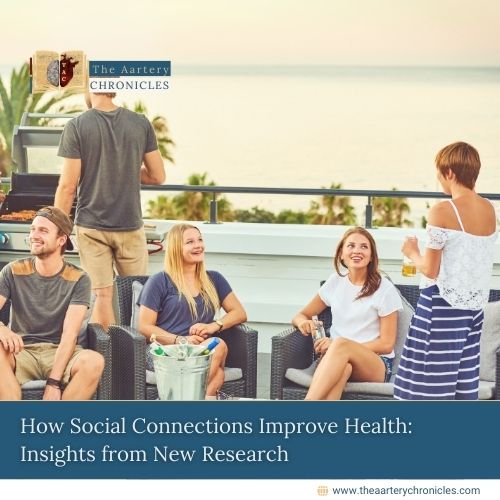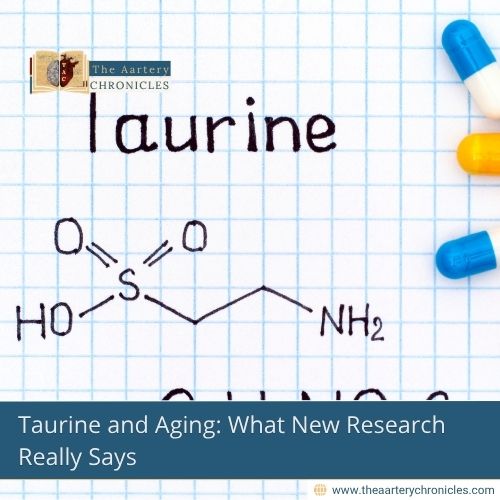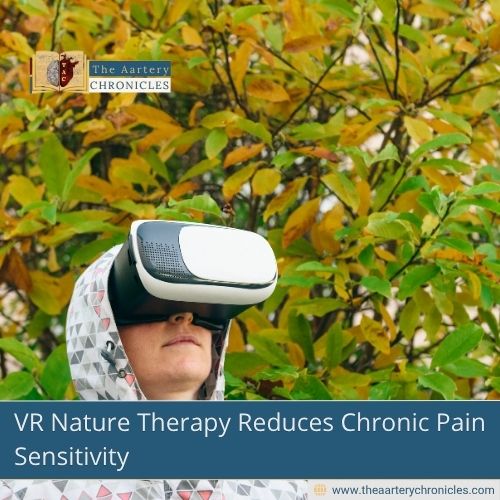

How Social Connections Improve Health: Insights from New Research
Can Social Bonds Boost the Health of Your Immune System?
Did you know maintaining close ties with friends and family might do more than lift your spirits? It could also strengthen your immune system and lower your risk of chronic diseases like
- Heart disease
- Stroke
- Type 2 diabetes
Researchers from the UK and China revealed this compelling correlation in a collaborative study published in Nature Human Behaviour.
Decoding the Science: Proteins as the Missing Link
The study examined blood samples from over 42,000 adults aged 40–69, part of the UK Biobank, to investigate how social interactions influence health. Researchers analysed the “proteomes,” or the full set of proteins, in these samples to identify biological mechanisms behind social isolation and loneliness.
Proteins, produced by our genes, are vital for bodily functions and often serve as targets for drug development. The researchers identified 175 proteins linked to social isolation and 26 to loneliness, with significant overlap. These proteins are closely tied to
- Inflammation
- Immune responses
- Conditions like cardiovascular disease, diabetes, and stroke
What Are Social Isolation and Loneliness?
Social Isolation: An objective measure based on factors like
- Living alone
- Frequency of social activity
- Interactions
Loneliness: A subjective feeling of being disconnected, regardless of actual social interactions.
How Loneliness Affects Your Body: The Role of ADM
Using advanced statistical techniques like Mendelian randomization, the team pinpointed five proteins directly influenced by loneliness. Among these, ADM (Adrenomedullin) stood out. Known for regulating stress and social hormones like oxytocin (the “love hormone”), ADM was linked to:
- Smaller volume of the insula, a brain region involved in sensing internal bodily states.
- Reduced size of the left caudate, is crucial for emotional and social processes.
- Higher risk of early death
The Broader Impact: Proteins Tied to Chronic Diseases
Other proteins identified, such as ASGR1, were associated with elevated cholesterol and cardiovascular risks. Proteins linked to insulin resistance, atherosclerosis, and even cancer progression were also noted, emphasizing the far-reaching effects of social isolation.
Why Social connections are important?
Professor Barbara Sahakian from the University of Cambridge summed up the implications:
“These findings underscore the critical role of social contact in maintaining health. With loneliness on the rise globally, the World Health Organization has declared it a public health concern. It’s vital to develop strategies to keep people connected and improve their well-being.”
A New Frontier in Health Research
This study highlights the transformative potential of high-throughput proteomics and artificial intelligence in understanding the biological underpinnings of health. By identifying key proteins, researchers can pave the way for innovative treatments and preventative strategies.
Final Thoughts: The Healing Power of Relationships
In a world where loneliness is becoming increasingly common, fostering social bonds isn’t just emotionally fulfilling—it’s a cornerstone of physical health. This research serves as a wake-up call to prioritize human connections as a vital component of overall well-being.
Source: Inputs from various media Sources









